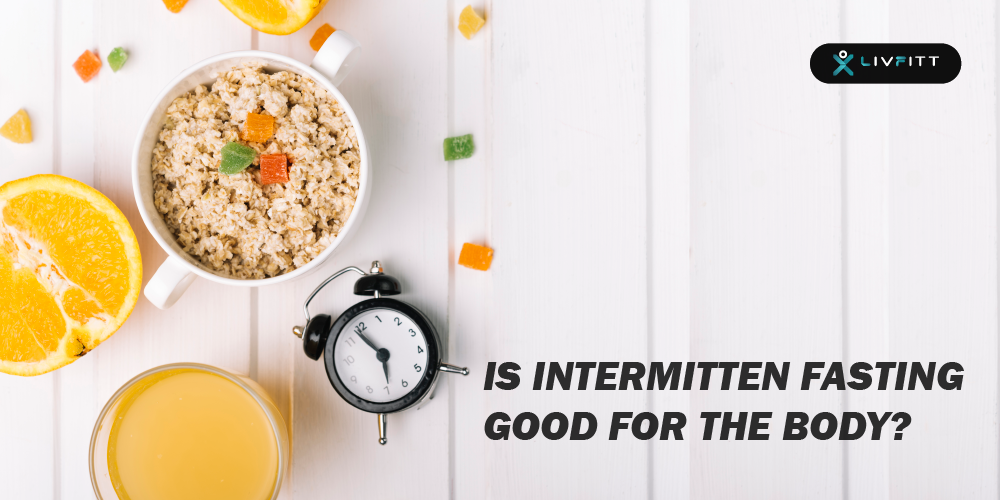
Is Intermittent Fasting Good for the Body?
To determine the answer to this question, let’s examine what occurs at the cellular and hormonal levels when you fast intermittently. Many things happen at the molecular and cellular level when you fast. For instance, your body begins to adjust its hormone levels so that it can make all stored body fat more easily accessible. Then your cells initiate vital repair processes and alter gene expression.
Here are a few changes that are occurring while you’re fasting:
- The levels of the Human Growth Hormone (HGH) skyrocket; sometimes increasing as much as 5 times. This benefits muscle gain, and fat loss.
- Your insulin sensitivity will improve. By fasting, your insulin levels will drop significantly, which helps make stored body fat easy to access.
- When you fast, your cells trigger cellular repair. Autophagy is an example of cell repair. In this process, old cells are removed and digested, including dysfunctional proteins that have accumulated inside.
- Intermittent fasting contributes to changes in gene expression which promotes longevity and protection against many diseases.
These changes that occur at the cell, hormone, and gene expression levels all contribute to the many health benefits of this fasting method.

